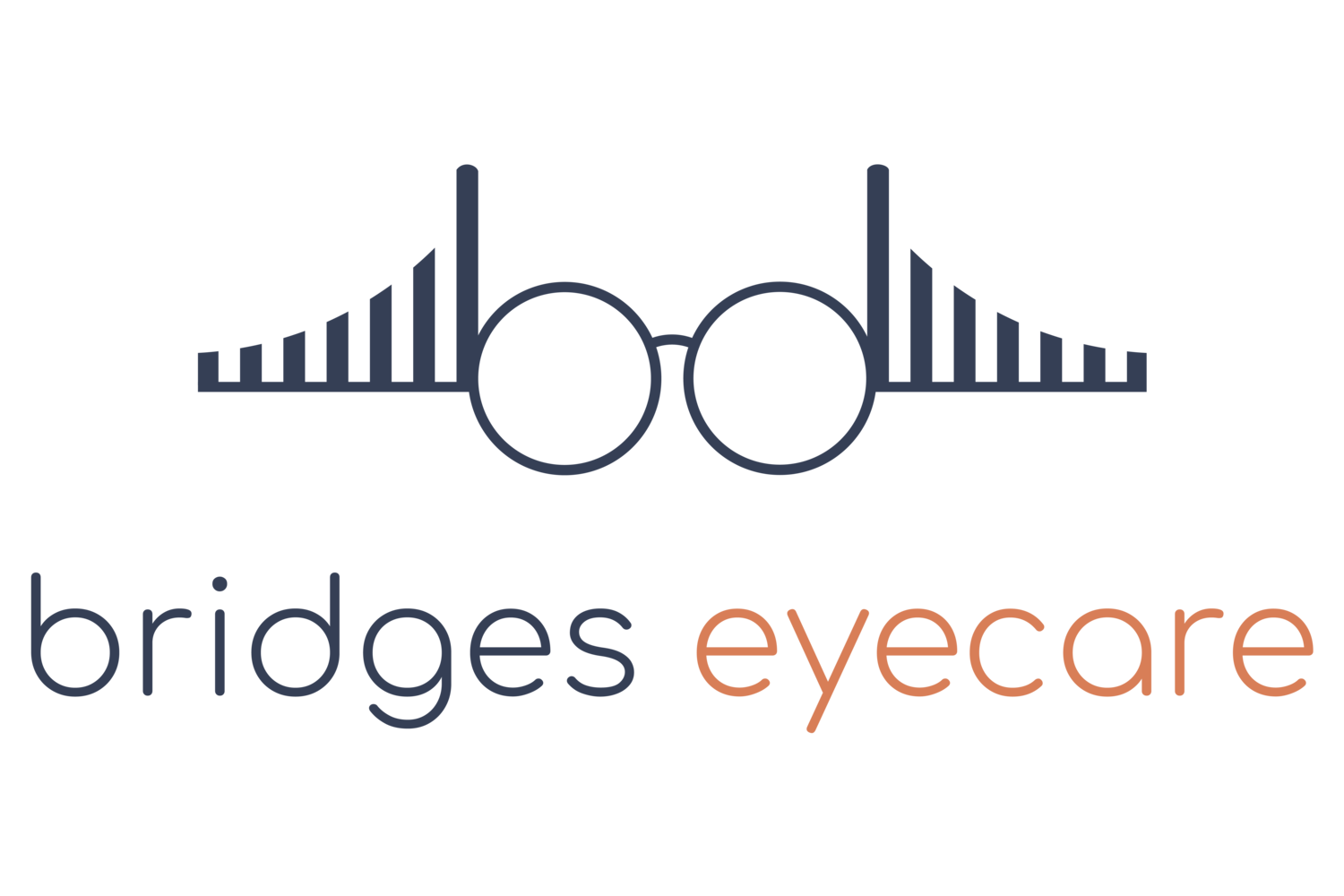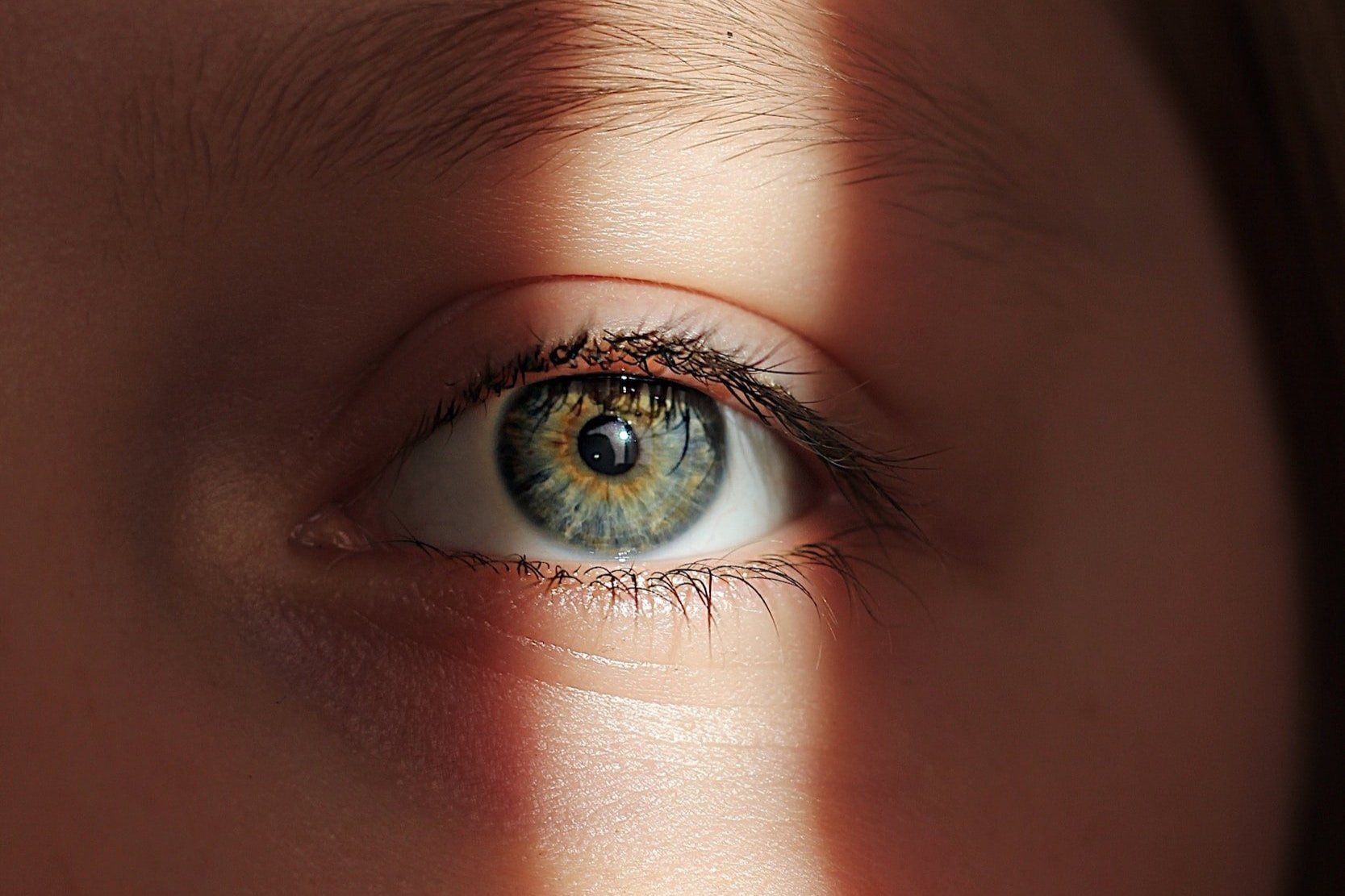5 Questions To Ask Yourself If Your Child Wants Contact Lenses
There might come a time when your child asks for contact lenses. When is a good age to start? Eight? Fifteen? The answer is: It depends. Below are five questions to ask yourself if your child wants to start wearing contact lenses:
Why does my child want contact lenses?
Even at a young age humans care about their appearance. Most kids look really cool in glasses but it is not everyone’s cup of tea, especially for children with very high prescriptions that cause the eyeglass lenses to be extra thick. For these cases, a simple frame re-styling can do the trick, but contact lenses are a good option too. In some cases, your child may not mind wearing glasses most of the time, but wants the ability to be glasses-free for special occasions such as their birthday party or another special event. Daily contact lenses are perfect for these one-time occasions.
Sports is high on the list of reasons why children start to wear contact lenses. Even with sports goggles, glasses can fly off anyone’s face or get foggy affecting the child’s sport performance. Contact lenses are a good option, although we still recommend eye protection such as googles on top of the glasses when possible.
Finally, contact lenses could be prescribed by your child’s eye care provider for medical reasons. The FDA has approved a certain type of soft daily disposable contact lens for myopia control, or reducing the rate of myopia progression. These are soft contact lenses to be used during waking hours. Another type of myopia control contact lens that might be prescribed to your child are rigid contact lenses to be worn at night only. Other than myopia, contact lenses can be prescribed in childhood for eye diseases such as aphakia, high ametropia or keratoconus. Both of these lens options are available at Bridges Eyecare.
Ortho-K or CRT contact lenses are custom designed rigid lenses worn at night. Once removed in the morning vision should be 20/20 uncorrected. These lenses have been proven to reduce the rate of myopia progression in children.
2. Is my child washing their hands on their own without being reminded?
Contact lens related infections are a very common cause of emergency room visits in the US. With daily disposable contact lenses, the risk of infection is much lower than with biweekly or monthly replacement lenses. Remind your children to wash hands and dry their hands thoroughly before contact lens insertion and removal. Also they should never use tap water or saliva to rinse contact lenses are key for eye safety. Contact lenses that can be reused multiple times should be cleaned and disinfected as directed with cleaning solutions recommended by eye professionals. This step is not necessary with the use of daily disposable lenses.
If your child is still unable to take care of their hygiene independently, they may not be ready for contact lenses. Although it is true that you can remind them and help them at home, there are times when you won’t be around such as during school.
3. Does my child misplace glasses often?
Contact lenses should not be worn 24/7. In fact, I recommend glasses to be worn as soon as a child comes back home from school and at least once or twice a week to give the eyes a rest. The main reason patients report wearing contact lenses exclusively or extending the amount of time they should be keeping their lenses is due to losing their glasses.
It is also important to never sleep in your contact lenses (except for Ortho-K lenses, which should only be worn overnight).
4. Does my child have allergies with ocular symptoms?
Contact lens wear can exacerbate symptoms of allergies such as itching, swelling of the lids, redness and tearing. Daily disposable contact lenses versus bi-weekly and monthly reusable lenses are highly recommended to reduce these symptoms. A drop of over the counter antihistamine eye drop such as Pataday instilled daily in each eye 15 minutes before contact lens wear can help alleviate symptoms.
However, if your child’s eye is already red or swollen. Do not insert contact lenses. Encourage your child to carry their glasses in their school bag or to have a spare at school in case their eyes get itchy, burning or irritated. If this occurs, they should remove the contact lenses immediately and contact us.
5. Do I have a plan if a contact lens complication occurs?
Contact lens complications do happen. Infections, corneal abrasions, and a stuck contact lens are not uncommon. When any adverse effect happens, urgent care clinics may not always have the available equipment such as a slit lamp (the instrument used to close look at someone’s eye), so please give us a call or shoot us an email.
Are you ready to get your child into contact lenses? If this is something they are motivated to try, give us a call or click here to schedule an appointment.
Follow us on Facebook or Instagram for updates @BridgesEyecare


